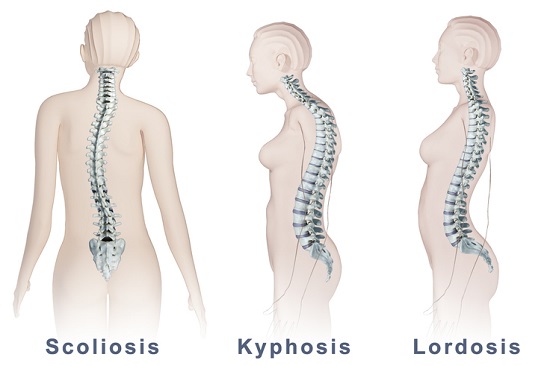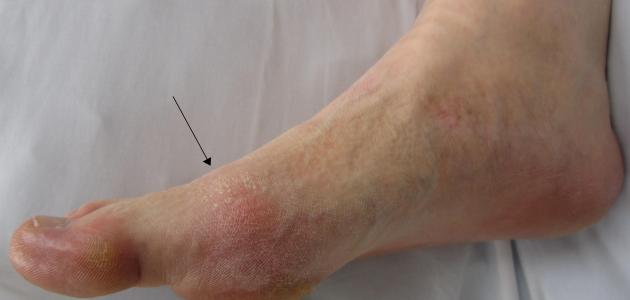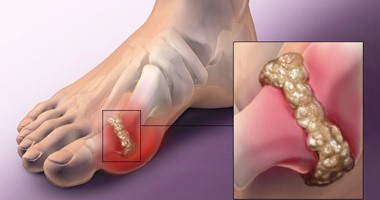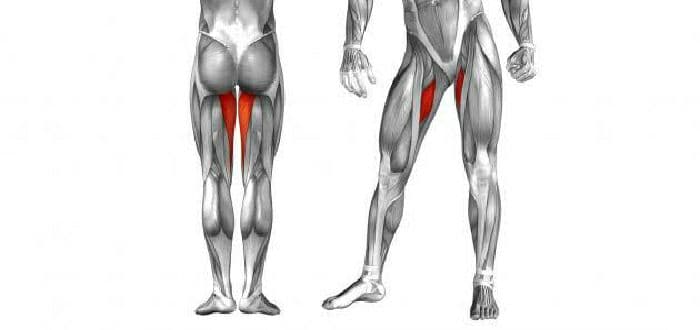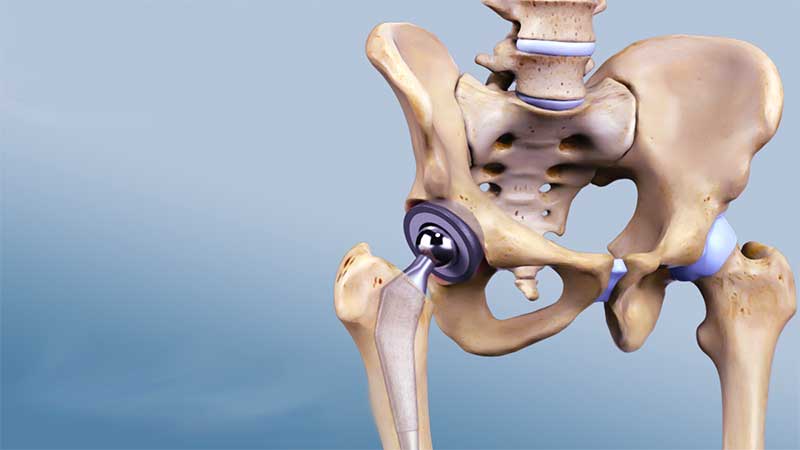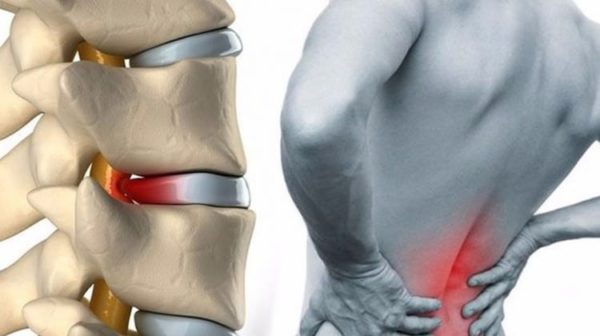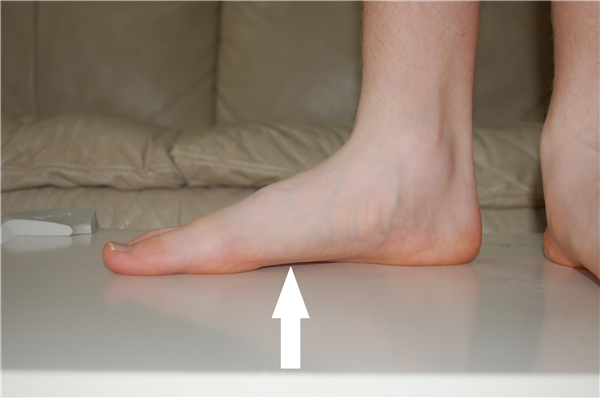The Cost of Hip Replacement Surgery in Egypt and the Success Rate of Hip Replacement Surgery
The Cost of Hip Replacement Surgery in Egypt, Hip replacement surgery has become widely performed in Egypt, and many individuals are interested in its cost. It is considered one of the last ideal solutions sought by doctors to alleviate a patient’s pain, end their suffering, and enable them to regain a normal life. In this article, we will shed light on the details of this procedure, its duration, and the financial cost it entails. So, stay with us to get answers to all your questions.
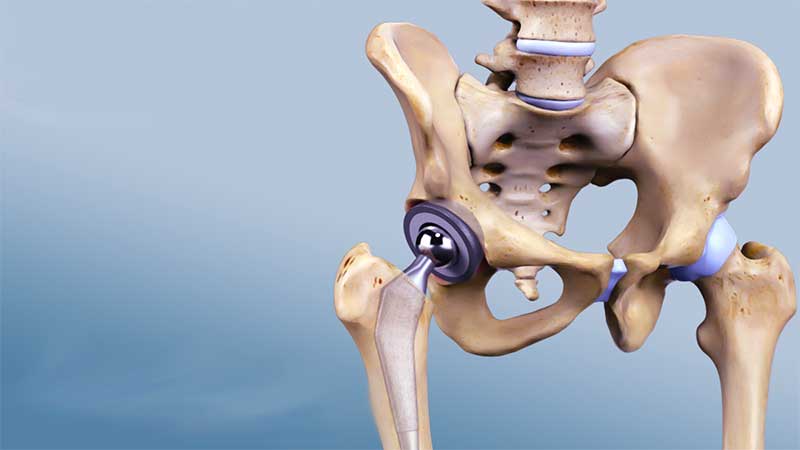
The Cost of Hip Replacement Surgery in Egypt
“Dr. Amr Amal uses the latest techniques in orthopedic surgery to achieve the best results. Trust, comfort, and care are the keys to our treatment.”
One of the essential questions that orthopedic patients have is the financial cost of hip replacement surgery and whether it matches the patient’s financial condition. In general, the average cost of hip replacement surgery in Egypt ranges from 90,000 to 120,000 Egyptian pounds. However, this significant price difference and variation result from the influence of several factors, which we will discuss in more detail in the following paragraphs. We also need to get a closer look at hip replacement surgery and its significant importance in maintaining a person’s health and enabling them to regain their daily activities. Egypt is one of the first countries to provide this service at a lower cost than what is commonly accepted in Gulf countries and other nations.
What is Hip Replacement Surgery?
You might be curious about what hip replacement surgery is. We will remove the signs of bewilderment and amazement and tell you that hip replacement surgery is a surgical procedure in which the doctor removes the damaged or diseased joint and replaces it with an artificial joint made of materials such as metal, hard plastic, or ceramic. The doctor resorts to this procedure when all other solutions and treatments have failed, such as pain relievers and physical therapy. This also happens when a person suffers an injury to the hip joint, resulting in chronic inflammation and the inability to walk comfortably.
In this situation, the optimal solution is for the doctor to perform surgery to replace the hip joint with an artificial one, allowing the patient to walk easily and quickly without experiencing pain, as they did in their natural state. Additionally, the hip socket is coated with a layer of metal covered with plastic or possibly ceramic, which reduces pain and improves joint function.
Is Hip Replacement Surgery Dangerous?
The surgery itself is not inherently dangerous, but there are some complications or side effects that can have a negative impact on the body. These concerns and complications include:
- Infection: The surgical site can become infected with bacteria, which is one of the most common complications. It requires attention to cleanliness, sterilization, and antibiotic treatment.
- Blood Clots: Blood clots may form in the leg veins after the surgery, and a portion of the clot could potentially break off, posing a significant risk to the patient if it travels to the lungs, heart, or brain.
- Bleeding: There is a possibility of bleeding during or after the surgery. Some studies suggest that up to 80% of patients undergoing hip replacement surgery may require a blood transfusion.
- Nerve Damage: Complications may include damage to the nerves surrounding the hip joint or the development of stiffness and immobility in the joint.
- Fractures: The healthy parts of the pelvic bones may be at risk of fracture during the procedure.
- Dislocation: In some cases, the new joint may dislocate from its original position in the first few months after the surgery.
The risk of death following hip replacement surgery is rare within the first three months, but other factors, such as chronic heart diseases and gastrointestinal-related illnesses, can play a significant role in this matter.
You can learn more details about the risks of hip replacement surgery and the duration it takes by reading this article.

How Long Does Hip Replacement Surgery Take?
Hip replacement surgery typically takes approximately one to three hours and involves the following steps:
- Anesthesia: The patient is usually given general anesthesia. In cases where general anesthesia is not advisable due to certain medical conditions, regional anesthesia may be used in combination with sedation.
- Incision: The surgeon makes an incision in the skin, either behind the hip bones (the most common approach), in the front, or on the side.
- Removing Damaged Tissue: The orthopedic surgeon removes damaged cartilage and parts of the bone that are part of the hip joint, including the spherical part of the thigh bone (the femoral head).
- Inserting the Prosthesis: The surgeon attaches a metal stem into the thigh bone cavity and places a ball component, which can be made of ceramic or metal, on top of it. This replaces the removed femoral head.
- Preparing the Pelvis: The damaged cartilage and bone in the hip socket are removed and replaced with a metal or plastic component, which is secured in the empty hip socket. This component is often lined with a plastic or another material to allow smooth movement of the new artificial hip joint.
- Closing the Incision: After ensuring that the artificial joint moves freely and is well-secured, the surgeon closes the surgical incision using sutures or staples.
- Recovery: The patient is then moved to a recovery area to wake up from anesthesia and begin the recovery process.
The specific details of the surgery may vary depending on the patient’s condition and the surgical approach chosen by the surgeon.
What Is the Success Rate of Hip Replacement Surgery?
Hip replacement surgery is known for its exceptionally high success rate, reaching up to 97% in most cases. You can prolong the life of your joint by following some instructions and tips, which significantly contribute to ensuring the long-term success of the procedure. These include:
- The patient should lie on their back or sit with their legs extended, avoiding bending the knees.
- It’s important not to remain in one position while sitting and to change position approximately every 40 minutes.
- Daily walking is essential.
- Avoid excessive bending.
- Engage in light exercises, such as swimming, to strengthen muscles and improve joint mobility.
- It is advisable for the patient to sleep on their back and avoid sleeping on their side.
- Avoid crossing the legs while sitting.

What to Expect After Hip Replacement Surgery?
After hip replacement surgery, the patient may experience pain, which is a normal side effect. Pain may increase with physical activity and during sleep, but it gradually subsides over time. Patients can typically engage in some light household activities after 3 to 6 weeks.
Here are some post-surgery tips to prevent unwanted complications:
- The patient should avoid bending the hip joint more than 90 degrees and twisting it.
- Avoid putting excessive weight on the operated leg.
- Refrain from lying on the side, especially in the first few days after surgery.
- Be cautious of sitting with one leg crossed over the other.
- Avoid squatting, and be mindful of movements to prevent falls or injuries.
- The patient should not drive a car for at least 6 weeks after the surgery.
If you have more questions related to hip replacement surgery, you can read this article for further information.
What Is the Expected Lifespan of an Artificial Joint?
Several studies and research conducted in the past indicate that 85% to 90% of artificial joints used for hip replacement are capable of functioning as intended and can last for a period ranging from approximately 15 to 20 years. However, this longevity depends on proper care and maintenance. In most cases, patients are advised to follow the instructions provided by their healthcare professionals to maximize the lifespan of the joint.
It’s essential for the patient to adhere to the recommendations of the treating physician to ensure the joint’s longevity. During the rehabilitation period, patients should also follow the instructions of the physical therapist to regain comfortable mobility within a relatively short timeframe.
Patients should take their prescribed medications at the specified times and doses, maintain the cleanliness and sterilization of the surgical incision, and consume a balanced and healthy diet to promote tissue healing and muscle strengthening while avoiding excessive weight gain.

When Can Walking Begin After Hip Replacement?
The ability to walk after hip replacement surgery depends on the patient’s overall condition. Some individuals may start walking as early as the day following the surgery, while others may take two days, using crutches or a walker. Some patients may continue to use crutches for 6 to 8 weeks, depending on their specific circumstances. On the other hand, some patients may not be allowed to walk until a month to three months after the surgery due to their health conditions.
Patients should undergo a rehabilitation program and participate in physical therapy sessions with dedication and focus to regain the ability to walk naturally. In most cases, patients can walk without significant strain or effort after a period ranging from 6 to 8 weeks. To expedite the recovery process, patients can walk two to three times a day, with each walk lasting 20 to 30 minutes. As time progresses, the duration of walking can be increased accordingly.
Why Does the Cost of Artificial Hip Replacement Vary?
We offer an exceptional medical experience that includes advanced surgical techniques and personalized care tailored to your individual needs. Thanks to our expertise and proficiency in this field, we can improve your condition, alleviate pain, and restore your mobility. In this article, we recommend one of the best specialized orthopedic surgeons for hip replacement surgery, Dr. Amr Amal, known for his skill and extensive experience in this field, as well as the remarkable results he has achieved. You can contact him by clicking here.
It’s important to note that the cost of hip replacement surgery depends on several factors that have a significant impact on determining it. Some of these factors include:
- The proficiency and experience of the specialized surgeon, along with their track record of successful previous surgeries.
- The type of hip joint used in the procedure, with metal joints typically being more expensive than plastic ones.
- The materials used in manufacturing the artificial hip joint, which may include metals like chrome, cobalt, and plastic.
- The medical tests and X-rays prescribed by the surgeon before commencing the surgical procedure.
- The hospital’s expenses.
- The country where the patient undergoes hip replacement surgery, as Egypt is considered one of the more cost-effective options compared to Gulf countries and other nations.
How Long Does Hip Replacement Surgery Take?
In the case of hip replacement surgery, the procedure typically takes between 60 to 90 minutes. While it is a vital and significant procedure, the time spent during the surgery itself is relatively short. However, it yields highly effective and remarkable results.
How to Maintain Joint Mobility After Hip Replacement Surgery?
It’s important to adhere to specific steps, movements, and instructions to ensure a successful outcome after the surgery. Here are some of the most important movements that can help maintain your hip joint for an extended period:
- Try to maintain a daily walking routine as much as possible.
- Avoid excessive bending after the surgery.
- Regularly engage in various physical exercises like swimming, muscle strengthening, and joint improvement.
- Sleep on your back and avoid sleeping on your side.
- Avoid crossing your legs while sitting.
How to Prevent Infection After Hip Replacement Surgery?
Preventing infection after hip replacement surgery is crucial. This can be achieved through sterilizing the medical instruments used during the procedure. It’s also essential to take antibiotics before the surgery, as this significantly reduces the risk of infection by up to 85%.


